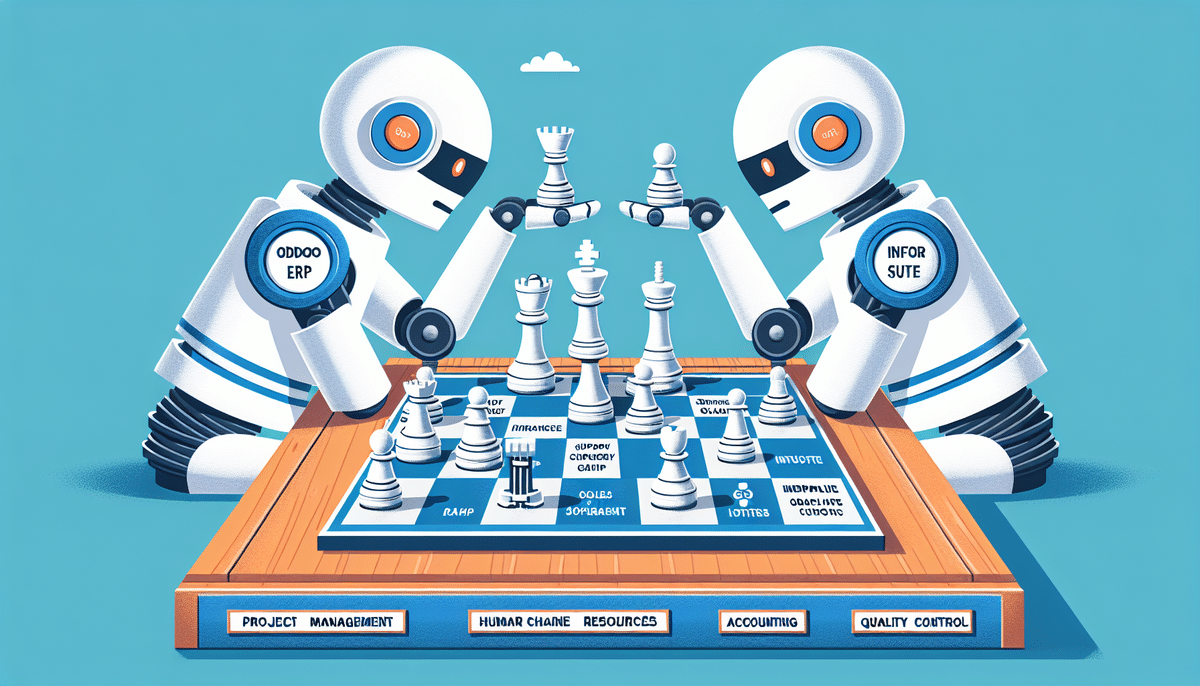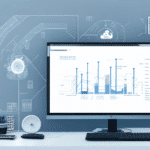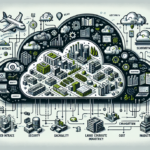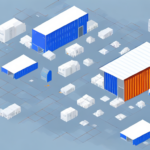Odoo ERP vs Infor CloudSuite Industrial (SyteLine)
In today’s competitive business landscape, selecting the right Enterprise Resource Planning (ERP) system is crucial for streamlining operations and achieving strategic goals. Two leading ERP solutions are Odoo ERP and Infor CloudSuite Industrial (SyteLine). This comprehensive comparison explores their features, pricing, usability, and more to help you determine which system best suits your business needs.
Overview of Odoo ERP and Infor CloudSuite Industrial (SyteLine)
Odoo ERP is an open-source ERP platform that offers a wide array of applications covering project management, accounting, human resources, inventory, and sales. Its modular structure allows businesses to customize and scale functionalities according to their specific requirements.
Infor CloudSuite Industrial (SyteLine) is a cloud-based ERP solution tailored for manufacturing, distribution, and service industries. It provides advanced tools for supply chain management, quality control, and production planning, aiming to enhance operational efficiency and customer satisfaction.
Features Comparison
Core Functionalities
- Odoo ERP: Offers comprehensive modules for project management, sales, inventory, accounting, and CRM. Its user-friendly interface allows seamless navigation and customization.
- Infor CloudSuite Industrial (SyteLine): Provides specialized features such as demand planning, advanced scheduling, lot tracking, and quality management, specifically designed for manufacturing and distribution sectors.
Advanced Capabilities
- Odoo ERP: Integrates with a wide range of third-party applications and supports RESTful APIs for custom integrations, enhancing its flexibility.
- Infor CloudSuite Industrial (SyteLine): Includes robust supply chain management tools, real-time analytics, and IoT integrations, catering to complex business operations.
Pricing Comparison
The total cost of ownership is a pivotal factor when choosing an ERP system:
- Odoo ERP: Being open-source, Odoo offers a cost-effective solution with free access to basic modules. Additional functionalities can be purchased as needed, allowing businesses to pay only for what they use.
- Infor CloudSuite Industrial (SyteLine): Utilizes a traditional licensing model with higher initial costs and ongoing maintenance fees. However, it provides comprehensive support and advanced features that may justify the investment for larger enterprises.
According to Gartner's 2023 report, the ERP market continues to grow, with cloud-based solutions like Infor CloudSuite gaining significant traction among large-scale businesses.
User Interface and Usability
Odoo ERP is renowned for its intuitive and user-friendly interface, which reduces the learning curve and facilitates quick adoption across teams. Its customizable dashboards allow users to tailor their workspace to their specific roles.
Infor CloudSuite Industrial (SyteLine) features a more complex interface, reflecting its extensive functionalities. While it offers high customization, it may require more comprehensive training for users to navigate effectively.
Studies, such as those conducted by Forrester Research, highlight that user experience is a critical determinant of ERP success, with systems like Odoo receiving higher user satisfaction ratings for ease of use.
Implementation Process
The implementation timeline and complexity differ significantly between the two ERP systems:
- Odoo ERP: Typically quicker to implement, often within a few weeks, due to its modular nature and flexibility. It can be set up by in-house IT teams with basic technical expertise.
- Infor CloudSuite Industrial (SyteLine): Involves a more intricate implementation process, requiring detailed planning and the involvement of specialized consultants. This is due to its comprehensive and advanced feature set.
Effective implementation is crucial for maximizing ERP benefits. According to McKinsey & Company, structured implementation strategies are essential for minimizing disruptions and ensuring a smooth transition.
Customization and Integration
Both ERP systems offer extensive customization options, allowing businesses to tailor functionalities to their specific needs:
- Odoo ERP: Supports a wide range of third-party applications and modules, enabling businesses to extend its capabilities. Its open-source architecture allows for deep customization through its modular framework.
- Infor CloudSuite Industrial (SyteLine): Provides robust integration capabilities with existing enterprise systems and third-party applications. Its API support facilitates seamless data flow across different platforms.
Integration with other business tools is essential for cohesive operations. TechRadar emphasizes the importance of flexible integration options in choosing the right ERP solution.
Support Services
Reliable support is vital for maintaining ERP system performance:
- Odoo ERP: Offers comprehensive support through online chat, email, phone support, detailed user documentation, and active community forums. Additionally, businesses can opt for Odoo's enterprise support for enhanced assistance.
- Infor CloudSuite Industrial (SyteLine): Provides similar support channels, including dedicated account managers, extensive documentation, and 24/7 customer support. Infor also offers training programs to help users maximize system utilization.
Effective support services contribute to higher ERP adoption rates and user satisfaction, as highlighted in reports by the Inc. Magazine.
Pros and Cons
Odoo ERP
Pros:
- Highly flexible and open-source, allowing extensive customization.
- Cost-effective with modular pricing, suitable for small to medium-sized businesses.
- User-friendly interface enhances ease of adoption.
- Wide range of functionalities with a robust community support system.
Cons:
- May lack some advanced manufacturing and distribution features inherent to Infor CloudSuite.
- Customization can require significant technical expertise for complex modifications.
Infor CloudSuite Industrial (SyteLine)
Pros:
- Highly scalable and cloud-based, ideal for large enterprises.
- Advanced functionalities tailored for manufacturing and distribution industries.
- Comprehensive support and robust integration capabilities.
Cons:
- Higher implementation and licensing costs compared to Odoo ERP.
- More complex user interface may require extensive training.
Real-World Implementations
Successful deployments showcase the effectiveness of both ERP systems:
- The Grommet: An innovative online marketplace that implemented Odoo ERP to streamline operations, resulting in a 60% reduction in backend costs.
- Furniture Brands International: A leading furniture manufacturer that adopted Infor CloudSuite Industrial (SyteLine) to enhance supply chain management and improve operational efficiency.
These case studies demonstrate how businesses can leverage ERP systems to achieve significant operational improvements.
Future Outlook
Both Odoo ERP and Infor CloudSuite Industrial (SyteLine) are poised for continued growth and innovation in the ERP market:
- Odoo ERP: Expected to expand its application offerings and enhance AI-driven functionalities, catering to a broader range of industries and business sizes.
- Infor CloudSuite Industrial (SyteLine): Likely to focus on expanding cloud-based solutions, integrating advanced analytics, and enhancing IoT capabilities to support smart manufacturing.
The evolving ERP landscape emphasizes the importance of scalability, flexibility, and advanced technological integrations to meet the dynamic needs of modern businesses.
Conclusion: Choosing the Right ERP for Your Business
Deciding between Odoo ERP and Infor CloudSuite Industrial (SyteLine) hinges on your organization's specific requirements:
- Choose Odoo ERP if: You seek a highly customizable, cost-effective solution with a user-friendly interface, suitable for small to medium-sized businesses.
- Choose Infor CloudSuite Industrial (SyteLine) if: Your business demands advanced manufacturing and distribution functionalities, scalability, and comprehensive support, making it ideal for larger enterprises.
Consulting with an ERP specialist can provide tailored insights, ensuring the selected system aligns with your strategic objectives and operational needs.






















